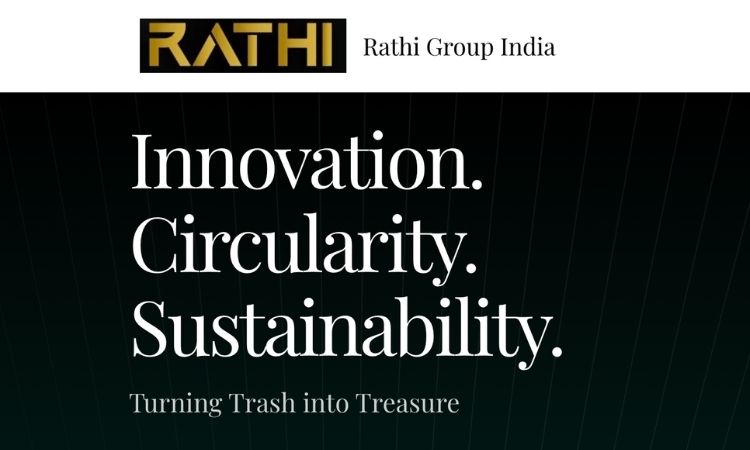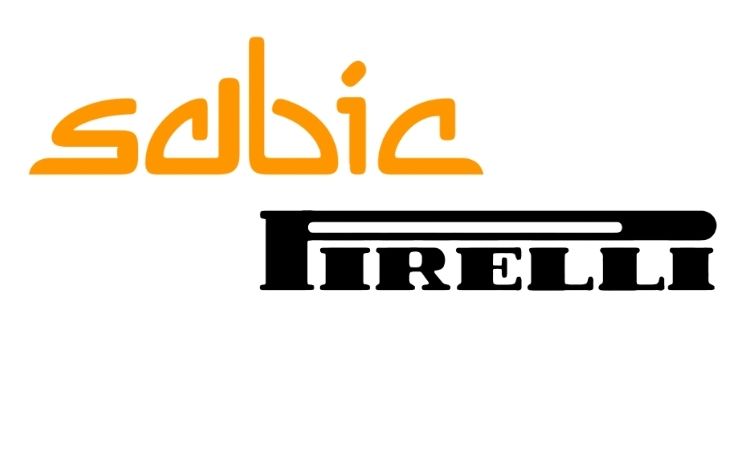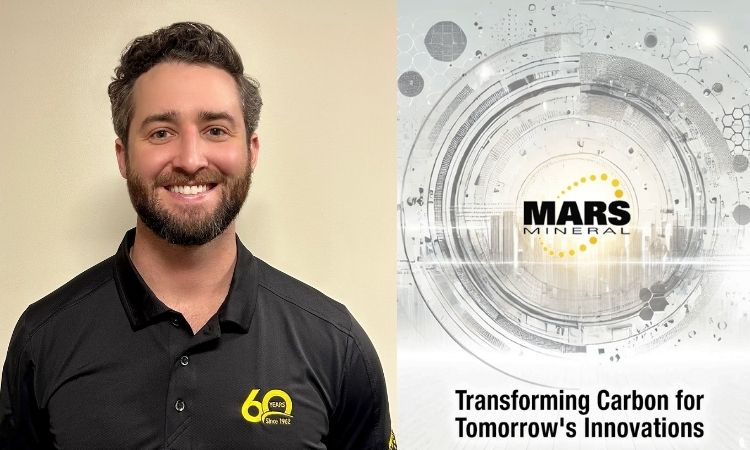Weibold joined Latin American Tire Recycling Conference in Mexico this November
On November 13-14, 2019, Weibold’s team attended the biennial Latin American Tire Recycling Conference in Mexico’s Queretaro – a conference uniting industry’s key figures and researchers in the field of end-of-life tire recycling and pyrolysis. This event is considered one of the most important for the tire recycling sector in the region, according to the Latin American Conference official website, and is held as part of the larger XV Latin American Conference on Rubber Technology.
The presenters addressed a range of issues including tire pyrolysis processes and its products, products of conventional ambient tire recycling, i.e. crumb rubber, economic aspects of business, logistics in tire recycling, new legislations that will impact the industry.
Speakers at the conference came from all over the world and included names renowned in the industry, such as Gabriel Leal – the general director of the Integrated Tire Management System SIGNUS (Spain), devulcanization and recovered carbon black expert Martin von Wolfersdorff (Germany), Christophe Garcia – experienced representative of high-end tire recycling equipment Precimeca (France) and other experts. Below we provide short descriptions of some of the speeches.
In his speech “The Evolution of Recycling – Step by Step”, Martin von Worfersdorff set forth recommendations for tire pyrolysis operators. Early steps of the described by Martin included advices on pyrolysis technologies, opting for feasible business model, CAPEX and OPEX, ROI and feasible payback periods, etc. Next steps considered carbon black recovery and description of recovered materials priced between EUR 70 and 700 per ton. Touching the topic of the future of tire pyrolysis, Martin mentioned that it belongs to megatrends such as “Reduce, Reuse, Recycle”. Martin von Worfersdorff is a strong proponent of launching tire pyrolysis business only after performing a thorough analysis of operating capacity of a plant vs. the sales capacities. The expert pinpointed that with good market research and technology feasibility of the project can be defined.
Patricio Diaz from FICEM, Ecuador, spoke about valorization of used tires through incineration in cement kilns. The speaker pinpointed that incineration reduces CO2 emissions by 24% in order to reach the temperature increase limit of 2 degrees. The speaker drew example of Chile where over 135,000 tons of end-of-life tires are generated annually, whereas 5.2% of this amount are processed and only 0.3% are co-processed. Speaking about co-processing, Mr. Diaz drew example of Austria where its rates reach 80%.
Christophe Garcia represented PRECIMECA – a renowned tire recycling equipment manufacturer from France. Mr. Garcia shed light on how to choose the right tire shredding equipment. He explained benefits of rotary knives/ shears and they help achieve a more uniform cut of tire rubber. “When you talk about shredding, you talk about size, which is a big problem, because the size is not uniform” – said Mr. Garcia. After describing the problem, Mr. Garcia mentioned a possible solution: the CEN/TC 366 technical committee has developed a method — Standard EN1423 which clearly describes how to make measurements, ensure consistent cutting quality, etc. There is a particle size curve with different parameters to measure, Mr. Garcia said, and PRECIMECA, according to the speaker, ensures clean and uniform cuts through the use of rotary knives.
Grace Collantes from GRIN Ecuador described a way how importers and producers could work together. During the talk, there were both individual and collective systems in focus. A system described by Mr. Collantes reportedly would have several benefits, such as:
- Minimization of environmental liabilities
- Extension of useful life of final disposal sites
- Fostering Public-Private Partnerships
- Companies operating in the REP have added value
- Innovation in product design and production
- Drawing an example, Mr. Collantes mentioned a company Llantaton which managed to recover about 50,000 end-of-life tires in 2017.
SUSTREND and ARNEC from Chile informed audience about promotion of Chile Footprint Program. Started with 6 retreaters several years ago, ARNEC associations guild is trying to support a disappearing retreading industry. Despite hard efforts of the company to preserve the retreading industry in the country, the organization’s appeals to the Ministry of Transport were rejected, but the organization has been partly supported by the Ministry of Environment. Interestingly, the organization’s efforts gained success after it shifted emphasis from retreads’ efficiency indicators to presenting evidence that retreading helps reduce emissions and thus fight climate change.
The conference also highlighted many other interesting topics deserving attention of tire processors, regulators and investors in tire recycling sector. To learn more about the agenda of the conference or find information on future events, please click here.
Weibold is an international consulting company specializing exclusively in end-of-life tire recycling and pyrolysis. Since 1999, we have helped companies grow and build profitable businesses.









